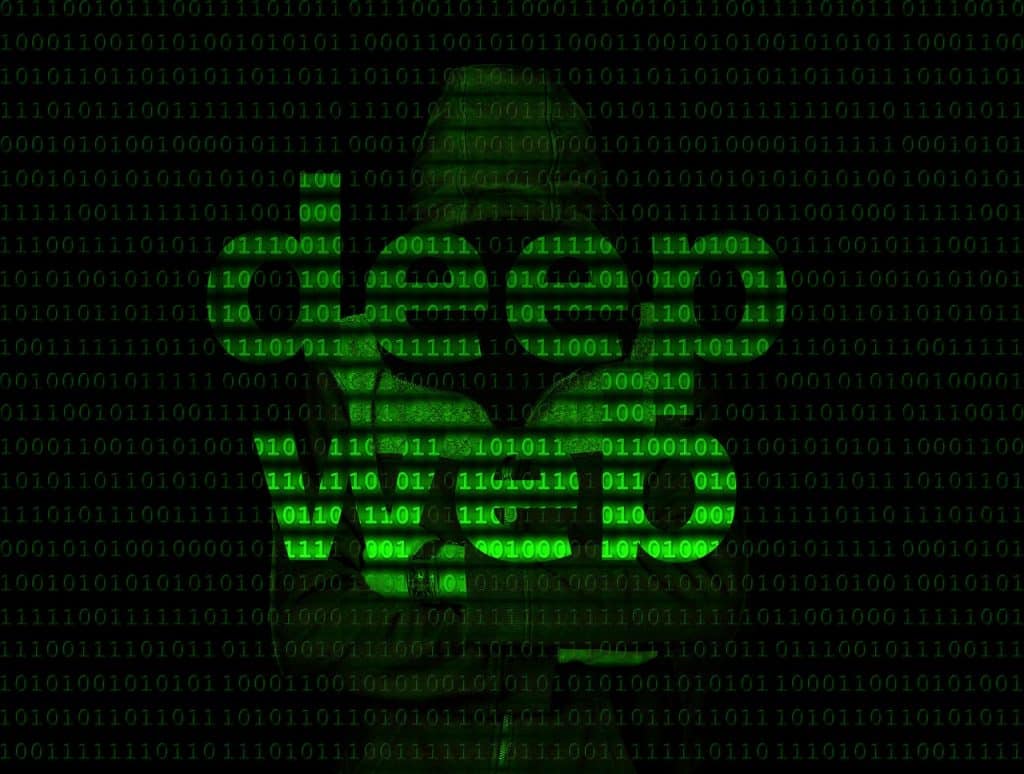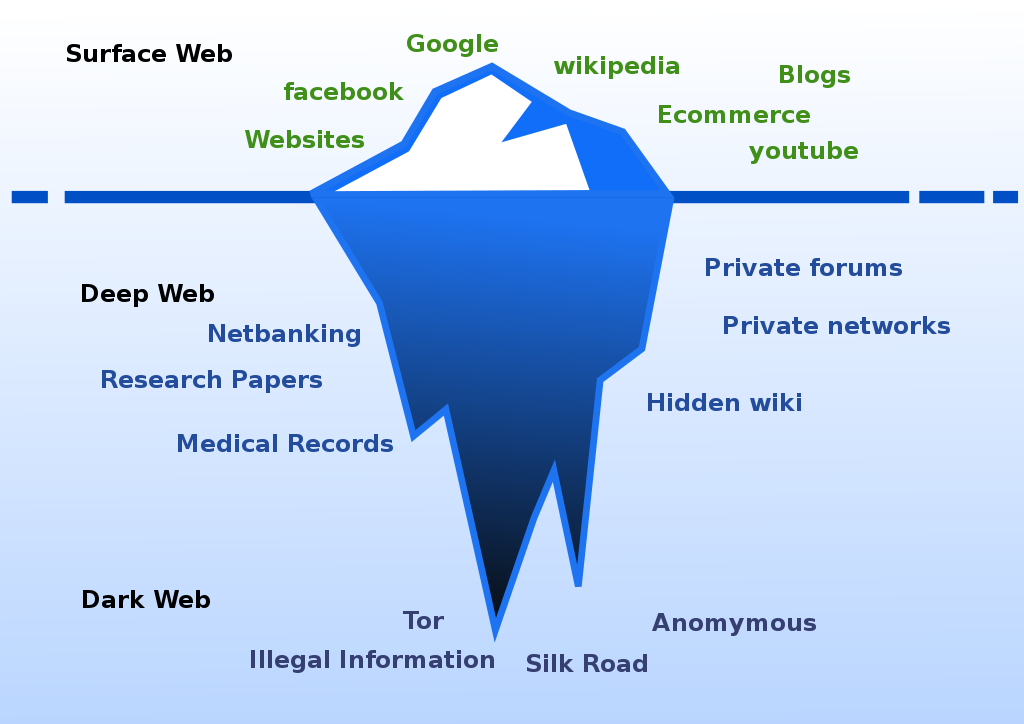Explore the dark corners of the web with insights into misperception and ethical use.

Focus Keywords: Dark Web Activities, Misconception, Ethical Use
Slug: dark-web-activities-misconceptions-ethical uses
Alt Text Image: Dark Web Activities: Misconceptions and Ethical Use
Misconception of Accessing Dark Web:
Some common misconceptions about the Dark Web include:
- The Dark Web is only for criminal activity. While the Dark Web does host illegal activities, it also hosts legitimate content and services that are not accessible through regular search engines. Many people and organizations use the Dark Web for privacy and security purposes, such as protecting their identity and communications.
- The Dark Web is a vast underground den of thieves. Although the Dark Web does host criminal activities, it also hosts a significant number of users who are seeking privacy and protection for legitimate reasons, such as journalists, political dissidents, and businesses.
- The Dark Web is a separate network from the Internet. The Dark Web is actually a part of the Internet, but it is not indexed by search engines and requires special software, such as the Tor browser, to access.
- Accessing the Dark Web is illegal. While some countries view accessing the Dark Web as a signal of possible nefarious activity, it is not inherently illegal to do so.

Ethical Use of Dark Web:
It is essential to understand that the Dark Web is a complex and multifaceted part of the Internet, with both legitimate and illegal activities taking place.
Some examples of legitimate uses of the Dark Web include:
- Anonymity: The Dark Web provides a level of anonymity for users, allowing them to communicate and share information without revealing their true identities.
- Privacy: Users can access the Dark Web to protect their personal information and maintain privacy, as it is difficult for third parties to track their online activities.
- Freedom of expression: The Dark Web serves as a platform for individuals to express their views and opinions freely, without fear of censorship or persecution.
- Access to information: The Dark Web contains a wealth of information that is not readily available on the surface web, including academic papers, government documents, and other resources.
- Secure communication: The Dark Web can be used for secure communication between individuals or organizations, particularly in situations where traditional communication methods may be compromised or insecure.
- E-commerce: Some Dark Web marketplaces offer legitimate goods and services, such as legal drugs, digital products, and other items.
- Journalism: Journalists and their sources can use the Dark Web to communicate anonymously, ensuring the protection of their sources and the integrity of their reporting.
- Political dissent: The Dark Web can be used by political dissidents and activists to communicate and organize without fear of government surveillance or retaliation.
- Medical advice: Some Dark Web forums offer medical advice from professionals, allowing users to ask questions about their health without revealing their identities.
- Cybersecurity: The Dark Web can be used by cybersecurity professionals to monitor and track illegal activities, helping to identify and apprehend criminals.
It is essential to remember that while the Dark Web can be used for legitimate purposes, it is also a hub for illegal activities. Users should exercise caution and only engage in activities that are legal and ethical.
